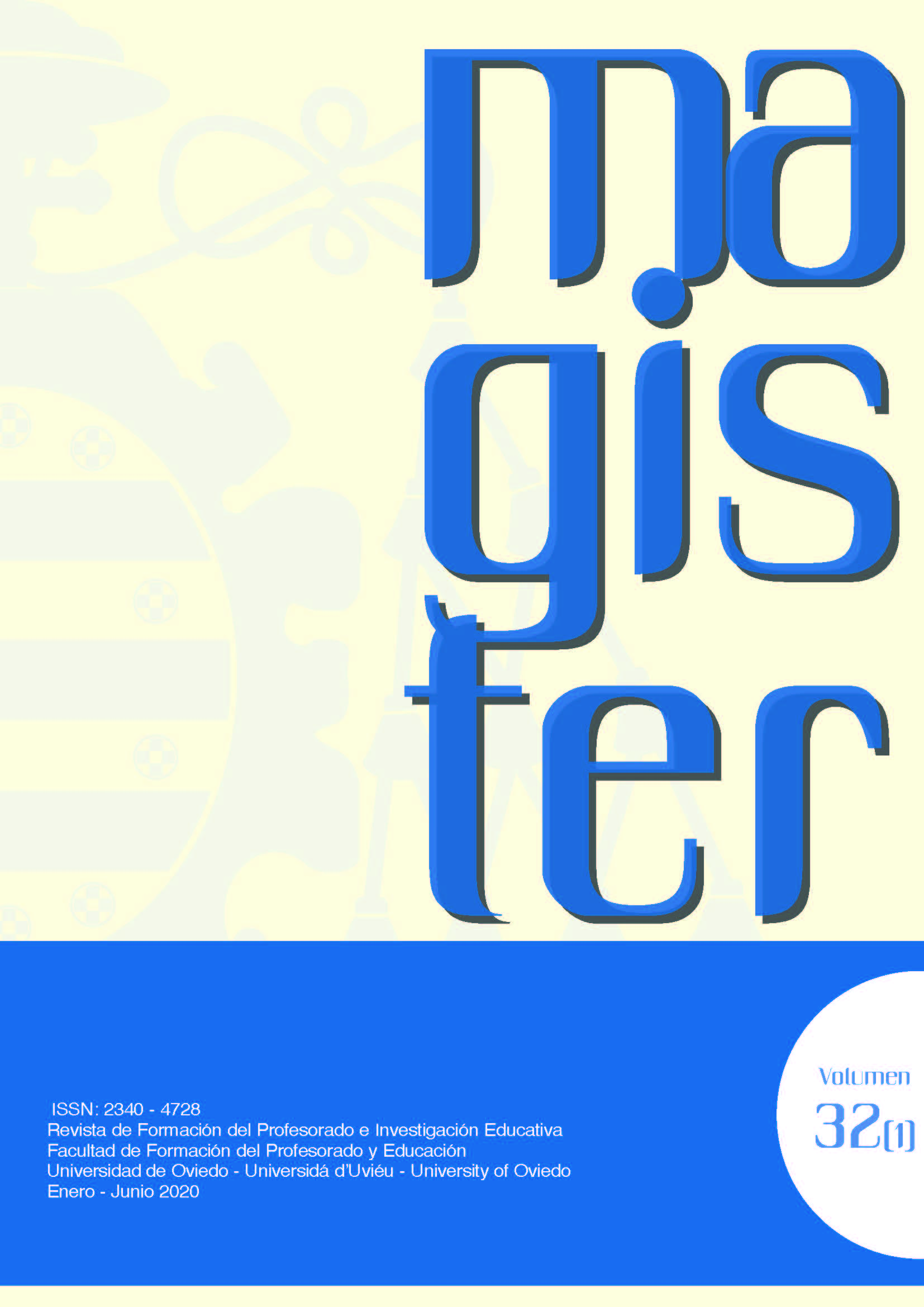Abstract
During the last months, education has been affected by a series of sudden changes due to the Covid-19 pandemic, such as going from face-to-face to virtual teaching, which has been a great challenge for those who were not prepared in this scope. The above situation has led teacher training programs to adapt on the fly and to prepare various study materials trying to carry out a process like that carried out in person. However, this has caused an overload of work for both students and teachers, both seeing the need of use self-regulation tools that help them with the organization and planning of their classes. In this article, we show, on the one hand, the reflection of a teacher in charge of the training of Primary Education teachers in the current context, and on the other hand, we propose a series of practices that allow to promote self-regulated learning of mathematics.References
Almeida, B., y Aportela, I. (2019). La autorregulación de la actividad de estudio al aprender Matemática. Transformación, 15(3), 263-279.
Breda, A., Font, V., do Rosário, V., y Villela, M. (2018). Componentes e indicadores de los criterios de idoneidad didáctica desde la perspectiva del enfoque ontosemiótico. Transformación, 14(2), 162-176.
Fernández, A. G. (2001). Autorregulación del aprendizaje: una difícil tarea. Iberpsicología: Revista Electrónica de la Federación española de Asociaciones de Psicología, 6(1), 2.
Giménez, J. (1997). Evaluación en matemáticas. Una integración de perspectivas. Madrid: Editorial Síntesis.
Cárdenas, N. y Almeida, B. (2009). Potencialidades educativas de la asignatura Matemática: La conducción del autoconocimiento de los alumnos como fundamento para el desarrollo de la autorregulación del aprendizaje en la escuela básica. Curso desarrollado en el XI Evento Internacional MATECOMPU. Cuba: Universidad de Ciencias Pedagógicas “Juan Marinello” Matanzas.
Corte, E., Verschaffel, L., y Eynde, P. O. (2000). Chapter 21 - Self-Regulation: A Characteristic and a Goal of Mathematics Education. En M. Boekaerts, P. R. Pintrich, y M. Zeidner (Eds.), Handbook of Self-Regulation (pp. 687-726). doi: 10.1016/B978-012109890-2/50050-0
Cueli, M., García, T., y González-Castro, P. (2013). Autorregulación y rendimiento académico en Matemáticas. Aula abierta. 41(1), 39-48.
De la Fuente, J., y Justicia, F. (2003). Regulación de la enseñanza para la autorregulación del aprendizaje en la Universidad. Aula abierta, (82), 161172. Recuperado de https://dialnet.unirioja.es/servlet/articulo?
Fuentes, S. (2012). Competencias percibidas para el aprendizaje autónomo en la universidad: Una mirada desde estudiantes y docentes de primer año en Chile. Tesis Doctoral. Universidad de Granada.
Godino, J. D., Batanero, C., y Font, V. (2007). The onto-semiotic approach to research in mathematics education. Zdm, 39(1-2), 127-135
Godino, J. D., Batanero, C., Font, V., y Giacomone, B. (2016). Articulando conocimientos y competencias del profesor de matemáticas: el modelo CCDM.
Perrenoud, P. (2005). Escola e cidadania: o papel da escola na formação para a democracia. Porto Alegre: Artmed
Pintrich, P. R. (2000). Multiple goals, multiple pathways: The role of goal orientation in learning and achievement. Journal of educational psychology, 92(3), 544-555. doi:10.1037/0022-0663.92.3.544
Rosario, P., Mourão, R., Baldaque, M., Nunes, T., Núñez, J. C., González-Pienda, J. A., y Cerezo, R. (2009). Tareas para casa, autorregulación del aprendizaje y rendimiento en matemáticas. Revista de Psicodidáctica, 14(2), 179-192
Sánchez, M., Martínez, A., Torres, R., De Agüero, M., Hernández, A., Benavides, M., Rendón, V., y Jaimes, C. (2020). Retos educativos durante la pandemia de COVID-19: una encuesta a profesores de la UNAM. Revista Digital Universitaria, 21(3).
Schoenfeld, A. H. (1985). Mathematical problem solving. New York: Academic Press.
Vanegas, Y. (2013). Competencias ciudadanas y desarrollo profesional en matemáticas. Tesis doctoral. Universitat de Barcelona, España.
Vanegas, Y., Font, V., Pino-Fan, L. (2019). Análisis de la práctica profesional de un profesor cuando explica contenidos de medida. En E. Badillo, N. Climent, C. Fernández y M. T. González (Eds.), Investigación sobre el profesor de matemáticas: formación, práctica de aula, conocimiento y competenciaprofesional (pp. 43-62). Salamanca: Ediciones Universidad Salamanca.
Zimmerman, B. J. (2000). Self-efficacy: An essential motive to learn. Contemporary educational psychology, 25(1), 82-91. doi:10.1006/ceps.1999.1016

